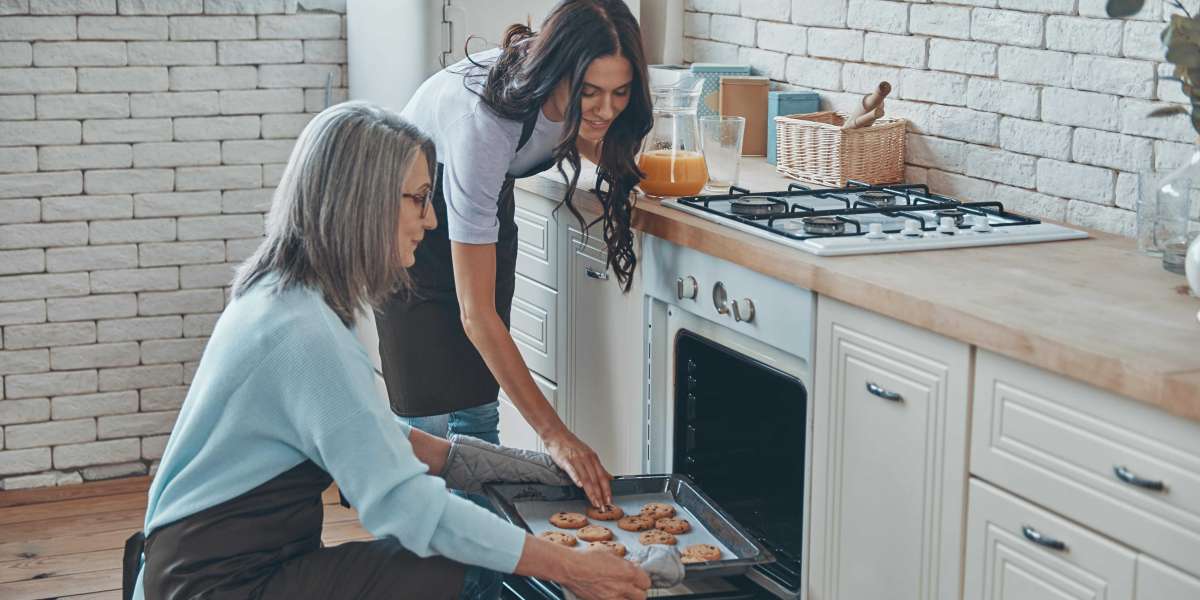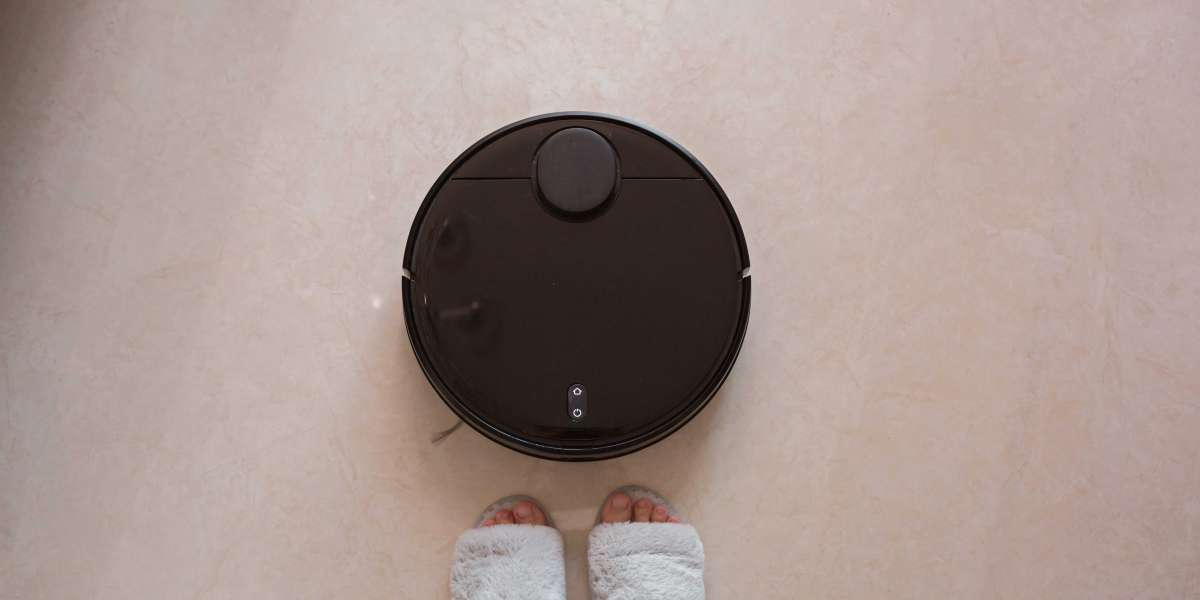Fitted Ovens and Hobs: An In-Depth Guide to Modern Cooking Appliances
Fitted ovens and hobs have become a staple in contemporary kitchens, combining functionality, visual appeals, and innovative innovation. These kitchen appliances are created to seamlessly integrate into kitchen surfaces, providing the cooking lover with the tools required for effective meal preparation while keeping a sleek and orderly appearance. In this article, we will check out the various kinds of fitted ovens and hobs, their benefits, factors to think about when picking them, and answers to frequently asked questions.
Comprehending Fitted Ovens and Hobs
Fitted ovens and hobs are appliances specifically developed to be built into kitchen cabinetry or counter tops for a seamless appearance. They can differ significantly in design, size, functionality, and functions, which accommodate diverse cooking needs and kitchen designs.
Kinds Of Fitted Ovens
- Built-in Ovens: These ovens are set up straight into a wall or kitchen system and can be found in different configurations and sizes.
- Double Ovens: A built-in variation that includes 2 separate oven compartments, enabling several dishes to be cooked at varying temperature levels simultaneously.
- Combination Ovens: These versatile appliances integrate standard baking with microwave technology.
- Steam Ovens: Ovens that utilize steam for cooking, maintaining wetness in food while boosting flavors and nutrients.
- Single Ovens: A basic oven unit that is the most typical type used in homes.
Kinds of Hobs
- Gas Hobs: These use burner for cooking, offering instant heat and accurate temperature level control.
- Electric Hobs: Powered by electrical power, these hobs frequently feature smooth surface areas that make them easy to tidy.
- Induction Hobs: Utilizing electromagnetic energy, induction hobs heat pots and pans directly rather than the hob surface area, making them energy efficient and a safe alternative.
- Combined Hobs: These use both gas and Cookology COF600BK 60cm Black Electric Oven - Buy Now! options, supplying versatility for cooking styles.
Advantages of Fitted Ovens and Hobs
Fitted ovens and hobs offer various benefits that enhance the cooking experience:
- Space Efficiency: Designed to suit kitchen cabinetry, fitted appliances take up less space compared to standalone models, producing a structured kitchen layout.
- Aesthetic appeals: Fitted designs typically develop a more cohesive and visually enticing kitchen style.
- Personalization: Homeowners can select from a range of designs, surfaces, and features to match their kitchen design and cooking needs.
- Improved Functionality: Many modern-day fitted ovens and hobs boast innovative innovation, such as smart controls, self-cleaning features, and exact temperature level settings, www.ovensandhobs.Uk which streamline cooking.
- Security Features: Many hobs, especially induction models, have safety features such as vehicle shut-off and kid locks, promoting a much safer cooking environment.
Elements to Consider When Choosing Fitted Ovens and Hobs
When choosing fitted appliances for a kitchen, several factors need to be thought about to make sure the best option:
- Cooking Style: Different appliances deal with numerous cooking habits. Home cooks ought to examine their normal meal preparation approaches to find appropriate appliances.
- Space and Layout: Measure the available area in the kitchen to make sure that the chosen appliances fit neatly without impeding movement.
- Energy Efficiency: Choose appliances with energy-efficient ratings to decrease energy expenses and environmental impact.
- Innovation and Features: Consider the desired functions, such as smart innovation, self-cleaning modes, or specific cooking functions like steam or convection cooking.
- Budget plan: Determine a budget before making selections to make sure that the selected models align with monetary planning.
Table: Comparison of Different Types of Ovens and Hobs
| Appliance Type | Pros | Cons |
|---|---|---|
| Built-in Ovens | Space-saving, adjustable design | Setup cost can be high |
| Double Ovens | Prepare numerous meals at various temps | Takes up more area |
| Steam Ovens | Healthy cooking, keeps nutrients | Generally higher cost |
| Gas Hobs | Quick heat control, chosen by chefs | Needs a gas line setup |
| Induction Hobs | Quick cooking, energy-efficient, safe | Needs suitable cookware |
| Electric Hobs | Easy to clean, steady cooking temperatures | Heating times can be slower |
Often Asked Questions (FAQs)
1. What is the distinction between a built-in oven and a freestanding oven?
A built-in oven is integrated cookers into kitchen cabinetry for a seamless look, while a freestanding oven stands alone and is often more noticeable and accessible.
2. Are induction hobs safe to use?
Yes, induction hobs are considered safe as they just generate heat when compatible pots and pans is put on them, lowering the threat of burns.
3. Can I install a fitted oven myself?
While some people may pick to install fitted ovens themselves, it is typically suggested to work with an expert to ensure appropriate installation and adherence to safety standards.
4. What size of oven is perfect for a little kitchen?
In small kitchen areas, think about compact or single Zanussi 60cm Built-In Electric Oven – Shop Now! ovens integrated that fit within the readily available space without compromising on cooking performance.
5. Do fitted ovens and hobs require unique upkeep?
Fitted appliances require standard upkeep, such as cleansing and routine checks. However, specific upkeep jobs depend on the type of oven or integrated hob and oven.
In conclusion, fitted ovens and hobs represent the embodiment of contemporary kitchen design and performance. By comprehending their types, advantages, and considerations, consumers can make informed options that improve their cooking experiences while fitting seamlessly into their home. Whether producing premium meals or preparing household dinners, fitted ovens and hobs are important tools in any cooking area.








